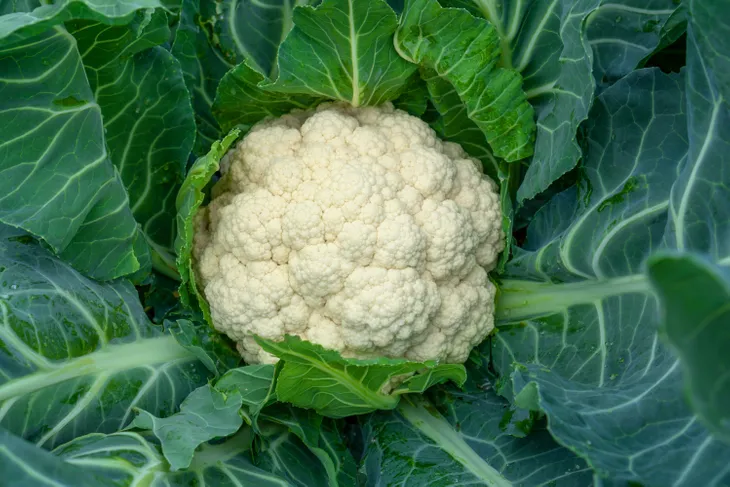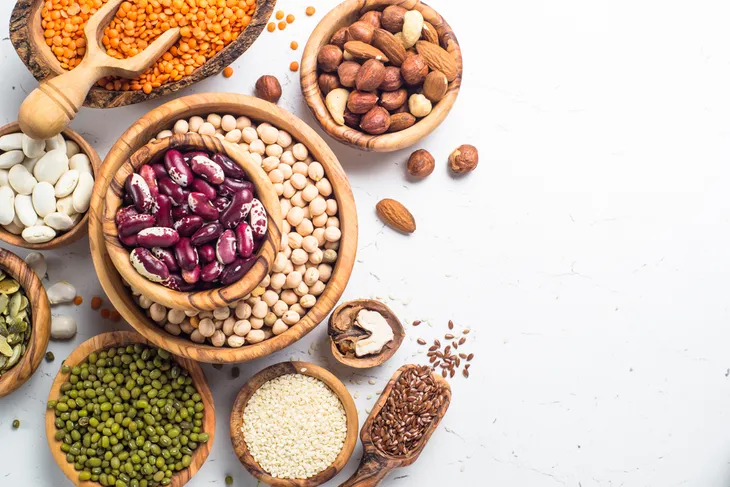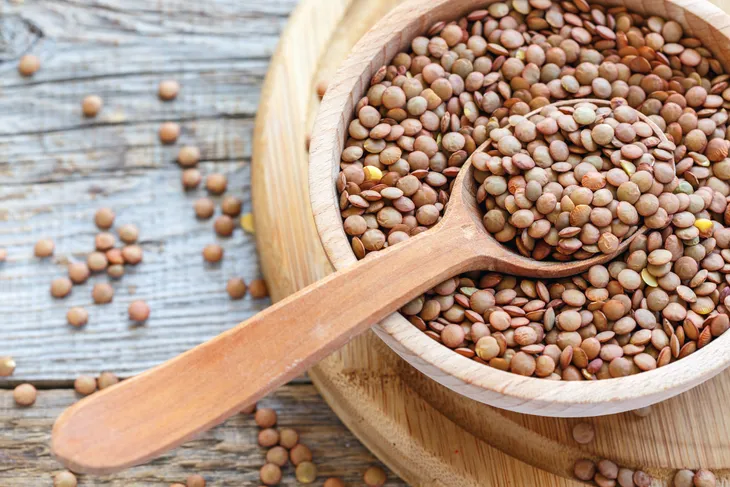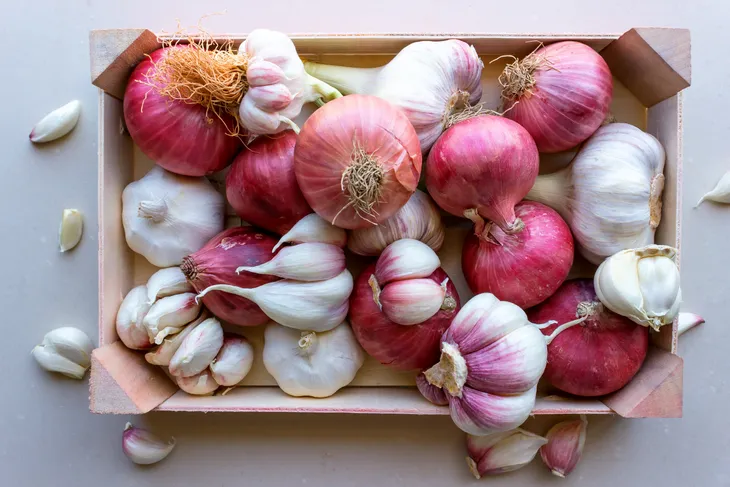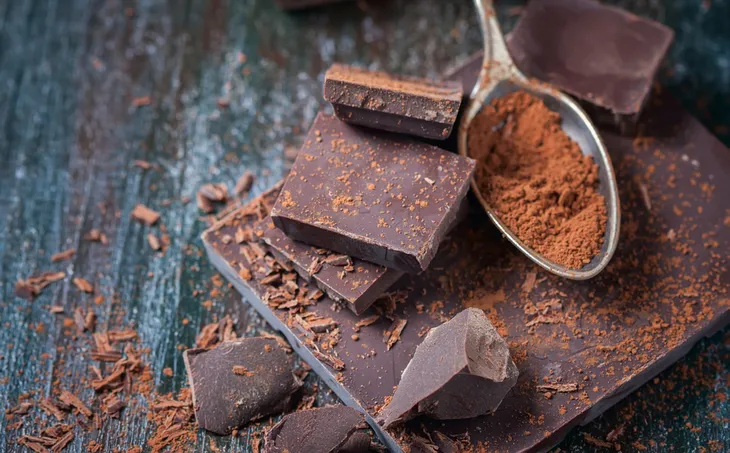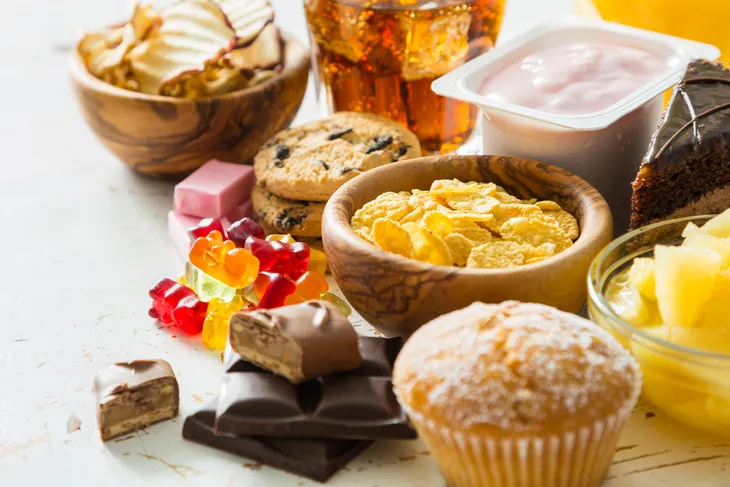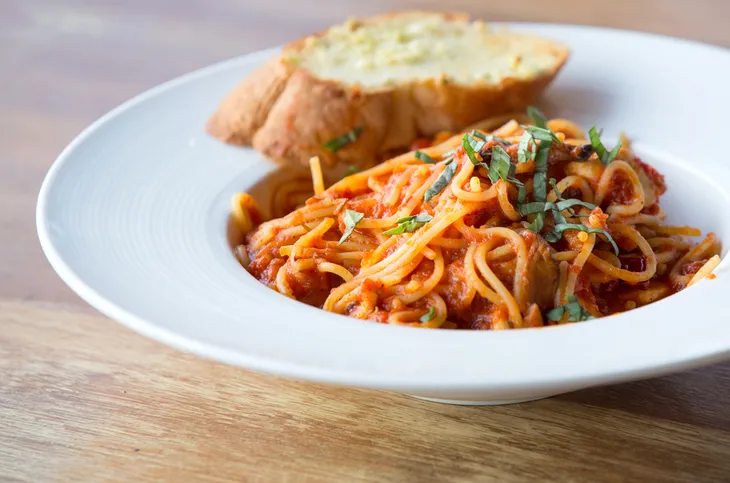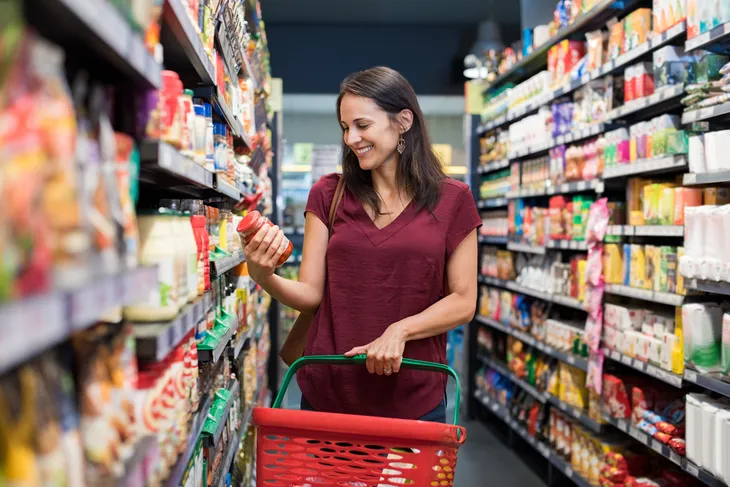Individuals with irritable bowel syndrome, also known as IBS, can have difficulty controlling their symptoms. The symptoms of IBS range from abdominal pain, constipation, diarrhea, constipation, and bloating. Episodes of IBS symptoms can come on quickly and leave sufferers in embarrassing situations.
There are many specific foods, also known as “trigger foods” for IBS. To limit symptoms, it’s best to avoid these foods and see how symptoms change. To do so, keep a food diary to record what you eat and what your physical effects are. If you feel better, then you know what foods to eat and which to avoid in the future. To help get started, here are 10 common trigger foods that you might want to avoid if you have irritable bowel syndrome…
Cauliflower
Cauliflower can be a trigger food as well as a particularly gas-inducing food. So it makes sense that your tummy may start to rumble and you may experience gas inflammation after you nibble crudités (i.e., cauliflower, Brussels sprouts, and raw salad).
Cauliflower can be used to replace rice and potatoes, but this is not a good choice for people with IBS. Instead, try brown rice for a healthy option that is bloat-free. Alternately, you can steam cauliflower and still get adequate veggie intake without problematic IBS symptoms.
Beans
Researchers agree that there is no single diet or remedy for treating IBS. This is because individuals all react differently to different foods. You have to pinpoint the dietary strategies that work for your particular IBS case to help you manage IBS symptoms.
Try these foods in different ways (for instance, you can eat beans canned, dried, and fresh to see which style works for your IBS. Ridding your diet of beans altogether can limit your diet from valuable protein and fiber sources.
Lentils
Lentils are another legume that can be difficult to digest. They are also considered a gas-inducing food. For those with IBS, lentils can cause quite a bit of inflammation, stomach pain, and discomfort. However, this differs from IBS sufferer to sufferer. If lentils give you an issue, avoid these foods if they cause additional bloating.
According to many who suffer from IBS, lentils are a trigger food, meaning they trigger symptoms of IBS, such as gas, bloating, and stomach pain. This means you may want to avoid or minimize high-gas foods like lentils, beans, Brussel sprouts, broccoli, and cabbage.
Garlic and Onions
These two ingredients are great for boosting flavor in just about any meal, but for some IBS sufferers, they aren’t worth the spice. What’s so bad about garlic and onions (besides the bad breath)? According to Prevention, garlic and onions “are part of a group of hard-to-digest carbohydrates known as FODMAPs (short for fermentable oligosacchrides, disaccharides, monosaccharides, and polyols).”
People who have irritable bowel syndrome might find the fructo-oligosaccharides (also known as fructans) in garlic and onions difficult to break down. The same source cites a review of research published in Current Gastroenterology Reports which states if the stomach and small intestine aren’t able to properly digest food, it leads to bacteria fermentation in the large intestine which causes bloating, gas, and stomach pain.
Chocolate
This one is truly tragic…people with IBS should avoid chocolate, or snacks that contain chocolate. According to Healthline, “chocolate bars and chocolate candy can trigger IBS because of their concentration of caffeine and their high sugar content.” Some people who suffer from IBS have been known to experience constipation after eating chocolate. Luckily, there are many other options nowadays like vegan chocolate which is a much more tolerable option for those with irritable bowel syndrome.
Foods with Fructose
When we think of foods high in fructose we often think of those that are bad for us like sugary drinks and commercial sweets containing high fructose corn syrup. While these are often culprits for bloat and gas, they are not the only source of trouble for people with IBS!
Foods that are high in natural sugars like apples, pears and dried fruits can also trigger the same symptoms that would occur from undigested lactose. Dr. Linda Lee told John Hopkins Medicine that people who suffer from IBS should try to avoid foods with naturally occurring sugar fructose and stick to those that have less.
Bread and Pasta
It’s always the foods that taste the best that are the worst for us! It’s hard to find a person who doesn’t love bread and/or pasta, but unfortunately it’s one of those no-no foods for some people with IBS. Some patients with IBS find that their symptoms including, diarrhea, constipation, bloating and other stomach irritations occur after eating gluten (a protein found in wheat, barley, and rye) which just means their IBS can be triggered by a sensitivity or intolerance to gluten.
Sugar-Free Chewing Gum
You wouldn’t think that something as mundane as chewing gum could trigger symptoms of IBS, but according to John Hopkins Medicine it can! It’s not so much the chewing gum as it is the artificial sweeteners within sugar-free gum, like sorbitol and xylitol, that are hard to digest and may cause diarrhea.
Packaged or Fatty Foods
Packaged and fatty foods aren’t good for anyone, but they are even more worrisome for people with IBS. We should all get into the habit of reading nutrition labels to find out what we’re eating. But this is especially important for people with IBS. A lot of people (myself included) rely on meals that are easy to make or more convenient like cereal, soups, frozen dinners, or any kind of flavoring like salad dressing or spice mix. Unfortunately these are the types of foods that are need to be careful of because a lot of them contain FODMAPs.
“For instance, ‘natural flavoring’ or ‘dehydrated vegetables’ in a spice mix may contain garlic or onion powder, while ‘natural sweeteners’ in a dressing could point to honey or agave,” writes Prevention. Be wary of any products that aren’t entirely clear about what kind of ingredients are in them or if a nutrition label is difficult to understand, or even read. Remember — the best foods contain few or simple ingredients that you can recognize!
Alcohol
We all like to enjoy a drink now and then, and most are aware of the dangerous of too many drinks. Sadly for people with IBS, they will have a lower tolerance for alcohol due to its effects on the digestive system. “Alcohol can irritate the lining of the gut and affect motility (an organism’s ability to move food through its digestive tract) as well as the permeability of the gut lining,” says nutritionist Fiona Hunter. People with IBS can still enjoy a glass of wine or two, though it’s probably best to just avoid it and the potential for an upset stomach. To assist with the symptoms of IBS, Hunter advises limiting the amount of drinks to no more than two units a day. Moderation is the key to success!


